In today’s increasingly digital world, cybersecurity has become a critical field as organizations strive to protect their data and systems from ever-evolving threats. For aspiring cyber security professionals, preparing for interviews can be daunting, given the complexity and breadth of the subject. This guide will cover essential cloud security and cybersecurity interview questions, providing you with the knowledge and confidence needed to excel in your job search.
Understanding Cloud Security
What is Cloud Security?
Cloud security refers to the set of policies, technologies, and controls designed to protect data, applications, and services hosted in the cloud environment. It encompasses various aspects, including data protection, identity and access management, threat detection, and compliance.
Why is Cloud Security Important?
With the increasing reliance on cloud services, ensuring robust security measures is crucial. Cloud security helps safeguard sensitive information from breaches, unauthorized access, and other potential threats. It also helps organizations comply with regulatory requirements and maintain business continuity.
Core Cloud Security Concepts
1. What are the Shared Responsibility Models in Cloud Security?
Answer: The shared responsibility model is a fundamental concept in cloud security. It outlines the division of security responsibilities between the cloud service provider (CSP) and the customer. In this model, the CSP is responsible for securing the cloud infrastructure, including physical data centers and hypervisors. On the other hand, the customer is responsible for securing their data, applications, and user access.
2. What is Data Encryption, and Why is it Important?
Answer: Data encryption is the process of converting plain text into a coded format to prevent unauthorized access. It is a crucial aspect of cloud security because it ensures that data remains confidential and protected from potential breaches. Encryption can be applied both at rest (stored data) and in transit (data being transferred).
3. Explain the Concept of Identity and Access Management (IAM).
Answer: Identity and Access Management (IAM) involves the processes and technologies used to manage user identities and control access to resources. IAM ensures that only authorized individuals can access specific data and applications, reducing the risk of unauthorized access and potential security breaches.
Advanced Cloud Security Topics
4. What is Zero Trust Architecture?
Answer: Zero Trust Architecture is a security model that assumes that threats can exist both inside and outside the network. It operates on the principle of “never trust, always verify,” meaning that every access request must be authenticated and authorized, regardless of its origin. This approach enhances security by continuously verifying the legitimacy of users and devices.
5. How Do Cloud Security Threats Differ from Traditional Security Threats?
Answer: Cloud security threats differ from traditional security threats due to the unique characteristics of cloud environments. These threats may include misconfigured cloud settings, insecure APIs, and vulnerabilities in cloud applications. Additionally, the shared responsibility model and multi-tenant nature of cloud services introduce new risk factors that must be addressed.
6. What are Security Incident and Event Management (SIEM) Systems?
Answer: Security Incident and Event Management or SIEM systems are used to collect, analyze, and respond to security events and incidents. SIEM tools provide real-time monitoring, log management, and threat detection capabilities, helping organizations identify and mitigate potential security issues.
Cloud Security Best Practices
7. What are Some Best Practices for Securing Cloud Environments?
Answer: Securing cloud environments involves implementing several best practices, including:
- Data Encryption: Encrypt data both at rest and in transit.
- Regular Updates: Keep software and systems up to date with the latest security patches.
- Access Control: Implement strong IAM policies and use multi-factor authentication.
- Monitoring and Logging: Continuously monitor and log activities for early detection of potential threats.
- Compliance: Ensure compliance with relevant regulations and standards.
8. How Can Organizations Ensure Compliance with Data Protection Regulations in the Cloud?
Answer: Organizations can ensure compliance with data protection regulations by:
- Understanding Regulations: Familiarize yourself with applicable regulations (e.g., GDPR, CCPA).
- Data Classification: Classify data based on its sensitivity and apply appropriate security measures.
- Regular Audits: Conduct regular audits and assessments to verify compliance.
- Documentation: Maintain detailed records of data handling and security practices.
Practical Scenarios and Solutions
9. How Would You Respond to a Data Breach in a Cloud Environment?
Answer: In the event of a data breach, the response should include:
- Immediate Containment: Identify and contain the breach to prevent further damage.
- Investigation: Analyze the breach to determine its cause and impact.
- Notification: Notify affected parties and regulatory bodies as required.
- Remediation: Implement measures to address the vulnerabilities that led to the breach.
- Recovery: Restore affected systems and data from backups.
- Review: Conduct a post-incident review to improve future security measures.
10. What Are Some Common Cloud Security Misconfigurations and How Can They Be Avoided?
Answer: Common cloud security misconfigurations include:
- Open Storage Buckets: Ensure that storage buckets are not publicly accessible unless necessary.
- Excessive Permissions: Apply the principle of least privilege when assigning permissions.
- Unpatched Vulnerabilities: Regularly update and patch cloud services and applications.
- Unsecured APIs: Implement proper authentication and authorization for APIs.
To avoid these misconfigurations:
- Regular Audits: Perform regular security audits and reviews.
- Automated Tools: Use automated tools to detect and remediate misconfigurations.
- Training: Provide ongoing training for staff on cloud security best practices.
Cloud Security Tools and Technologies
11. What Are Some Popular Cloud Security Tools and Their Uses?
Answer: Some popular cloud security tools include:
- Cloud Security Posture Management (CSPM) Tools: Help identify and remediate misconfigurations in cloud environments.
- Cloud Access Security Brokers (CASBs): Provide visibility and control over cloud application usage and data security.
- Endpoint Detection and Response (EDR) Tools: Monitor and respond to threats on endpoints within the cloud environment.
- Data Loss Prevention (DLP) Tools: Protect sensitive data from unauthorized access or leakage.
12. How Do Cloud Security Tools Integrate with Other Security Technologies?
Answer: Cloud security tools integrate with other security technologies through APIs and centralized management platforms. This integration allows for comprehensive visibility and control across the entire IT environment, enabling seamless threat detection, response, and management.
Preparing for Cloud Security Interviews
13. How Can You Prepare for a Cloud Security Interview?
Answer: To prepare for a cloud security interview:
- Study Core Concepts: Review fundamental cloud security principles and technologies.
- Practice Common Questions: Familiarize yourself with common interview questions and practice your responses.
- Stay Updated: Keep up-to-date with the latest trends and developments in cloud security.
- Hands-On Experience: Gain practical experience through labs, simulations, and real-world projects.
14. What Skills and Certifications Are Valuable for Cloud Security Professionals?
Answer: Valuable skills and certifications for cloud security professionals include:
- Skills: Knowledge of cloud platforms, security best practices, incident response, and risk management.
- Certifications: Relevant certifications such as Certified Cloud Security Professional (CCSP), Certified Information Systems Security Professional (CISSP), and CompTIA Security+.
Conclusion
Cloud security is a dynamic and evolving field that requires a solid understanding of core concepts, advanced topics, and best practices. By preparing for these must-know cloud security interview questions, you can demonstrate your expertise and readiness for a career in this critical area of IT security. Remember to stay updated with industry trends and continuously enhance your skills to succeed in the ever-changing landscape of cloud security.




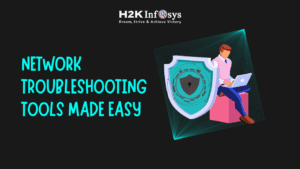




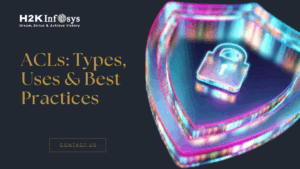

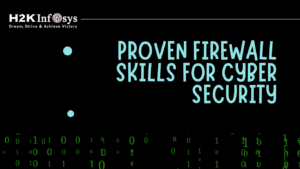










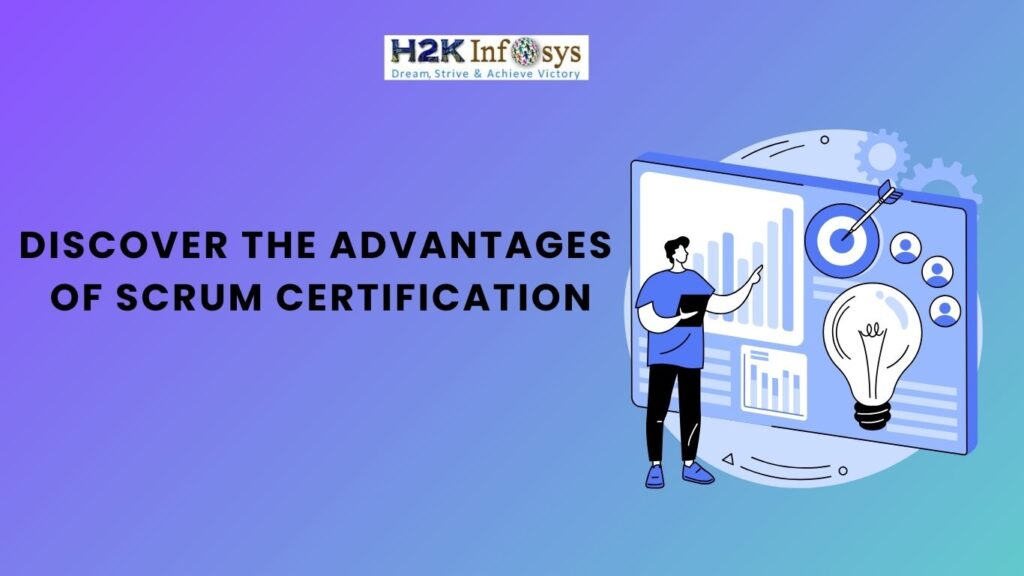

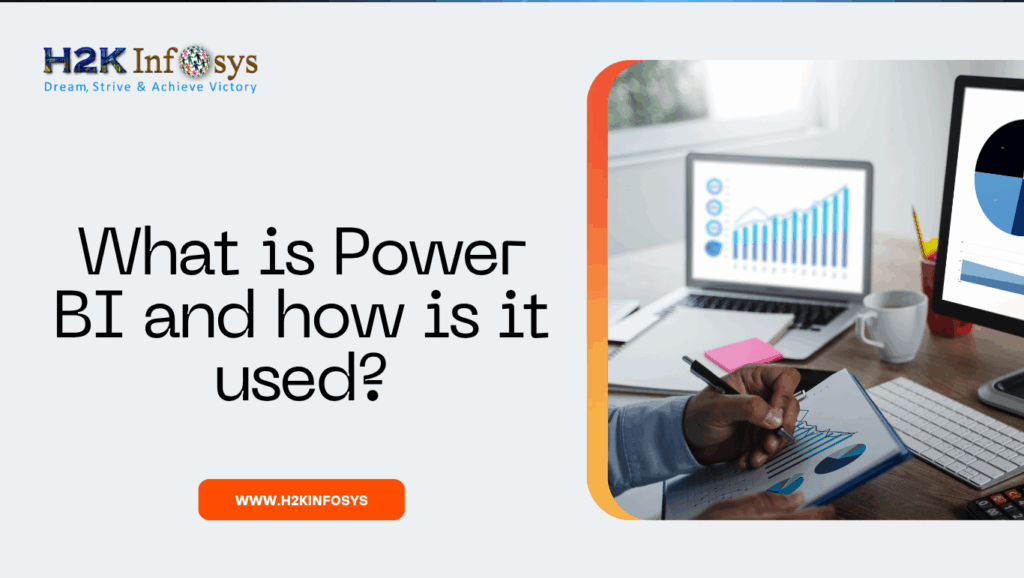
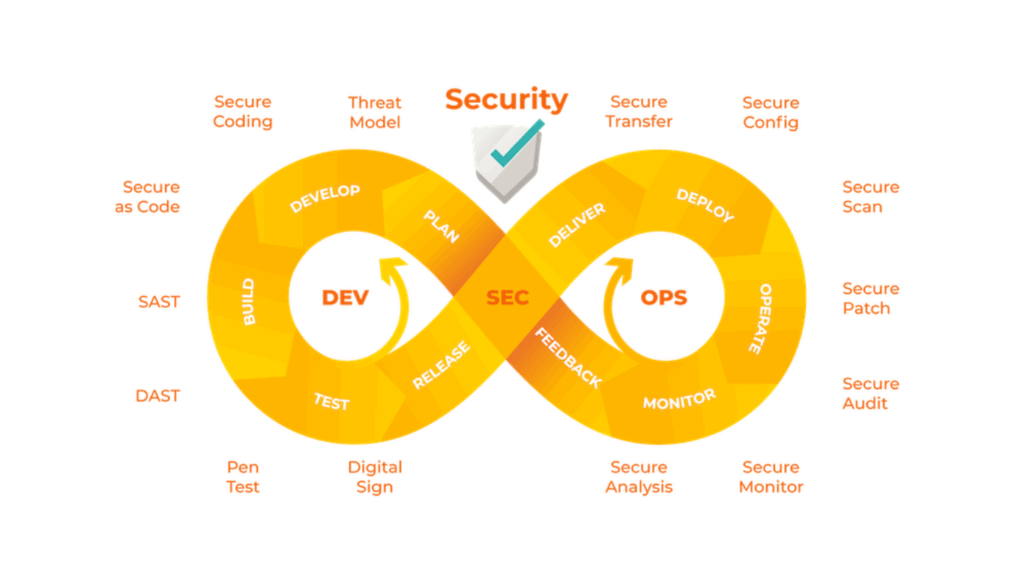





One Response